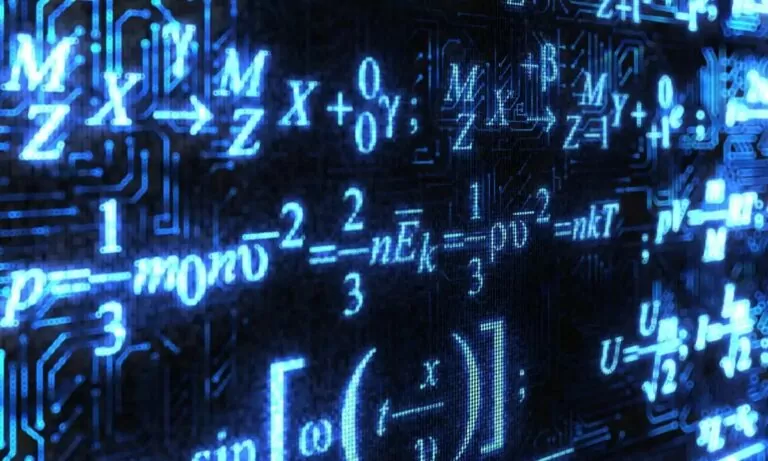
Estimated reading time: 4 minutes
FunSearch is called that because it searches for mathematical functions, not because it's fun. However, some people might consider the cap set problem a hoot: mathematicians can't even agree on how best to solve it, making it a real numerical mystery. DeepMind has already made advances in artificial intelligence with its Alpha models such as AlphaFold (protein folding), AlphaStar (StarCraft), and AlphaGo (playing Go). These systems were not based on LLM, but revealed new mathematical concepts.
With FunSearch, DeepMind started with a large language mode, a version of Google's PaLM 2 called Codey. There is a second LLM level at work, which analyzes Codey's output and eliminates incorrect information. The team behind this work didn't know if this approach would work and is still not sure why, according to the researcher DeepMind Alhussein Fawzi.
To start, the engineers at DeepMind they created a Python representation of the cap set problem, but left out the lines describing the solution. Codey's job was to add lines that accurately solved the problem. The error checking layer then scores the Codey solutions to see if they are accurate. In high-level mathematics, equations may have more than one solution, but not all are considered equally good. Over time, the algorithm identifies the best Codey solutions and inserts them back into the model.
DeepMind lets FunSearch run for several days, long enough to generate millions of possible solutions. This allowed FunSearch to refine the code and produce better results. According to newly published research,artificial intelligence found a previously unknown but correct solution to the cap set problem. DeepMind also freed FunSearch on another difficult mathematical problem called the container packing problem, an algorithm that describes the most efficient way to pack containers. FunSearch found a solution faster than those calculated by humans.
Mathematicians are still struggling to integrate LLM technology into their work and the work of DeepMind shows a possible path to follow. The team believes this approach has potential because it generates computer code rather than the solution. This is often easier to understand and verify than raw mathematical results.
BlogInnovazione.it
Developing fine motor skills through coloring prepares children for more complex skills like writing. To color…
The naval sector is a true global economic power, which has navigated towards a 150 billion market...
Last Monday, the Financial Times announced a deal with OpenAI. FT licenses its world-class journalism…
Millions of people pay for streaming services, paying monthly subscription fees. It is common opinion that you…